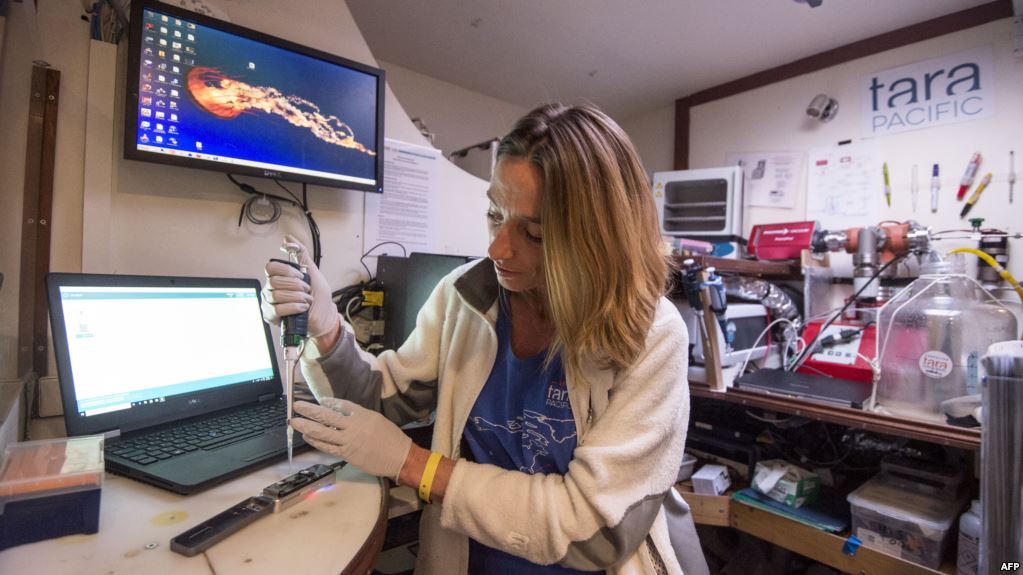
Scientists across the world have set an ambitious goal for themselves: to sequence the genome of every known life form on Earth within the next decade.
The Earth BioGenome Project, launched this week in London, is attempting to map the entire DNA of every known animal, plant, fungus and protozoan on the planet, roughly 1.5 million species.
Scientists say the project rivals in importance the Human Genome Project, which took 13 years to map the human genetic code. That project was completed in 2003.
Contributions from around world
The new project will rely on scientists contributing data from around the world, with the largest pledge so far coming from Britain’s Wellcome Sanger Institute, which says it will map 66,000 species. The institute was also a large contributor to the Human Genome Project.
The cost of the massive project is estimated to be $4.7 billion, which will come from charities and governments around the world.
Scientists say the result of the grand-scale project would be a huge resource for researchers that could offer insights into a range of topics, including a better understanding of evolution, the development of diseases, and insight into the aging process.
Researchers also hope the information could help in efforts to conserve threatened species by better understanding how life forms can adapt to changes.
Why not sequence everything?
Project member and evolutionary geneticist Jenny Graves of La Trobe University in Melbourne, Australia told Nature, “Variation is the fount of all genetic knowledge.”
“The more variation you have the better — so why not sequence everything?” she said.
Supporters of the project say the initiative will help to coordinate the efforts of researchers from around the world and will ensure that all life forms are sequenced and not just those that have previously drawn interest.
They say the project will also set standards for the collection of samples, the sequencing of data and for sharing information. Proponents say such standards are essential for making sure the final data is useful to scientists everywhere.
Scientists say part of the appeal of the project is that they don’t fully know what the results will lead to. Voice of America
